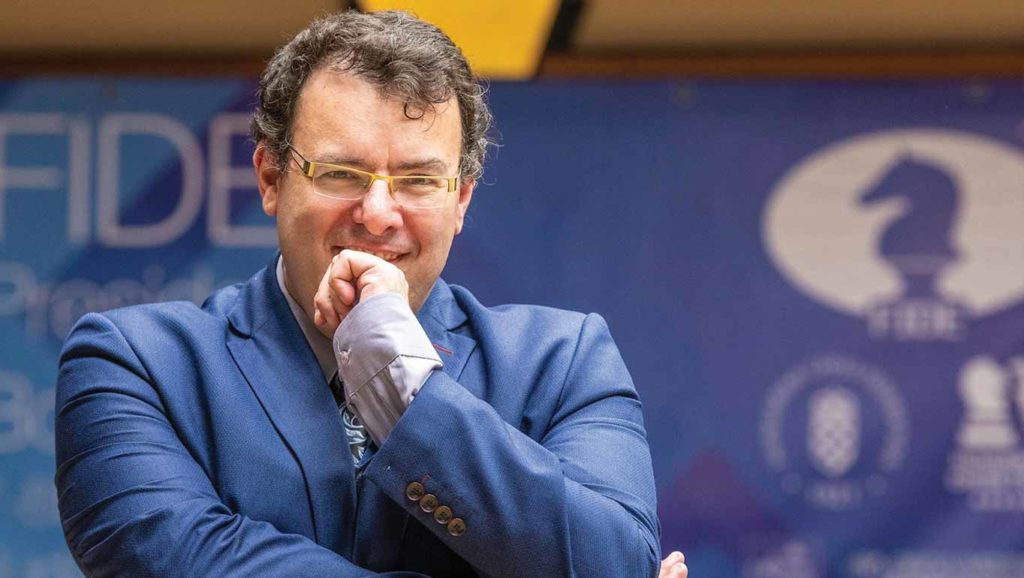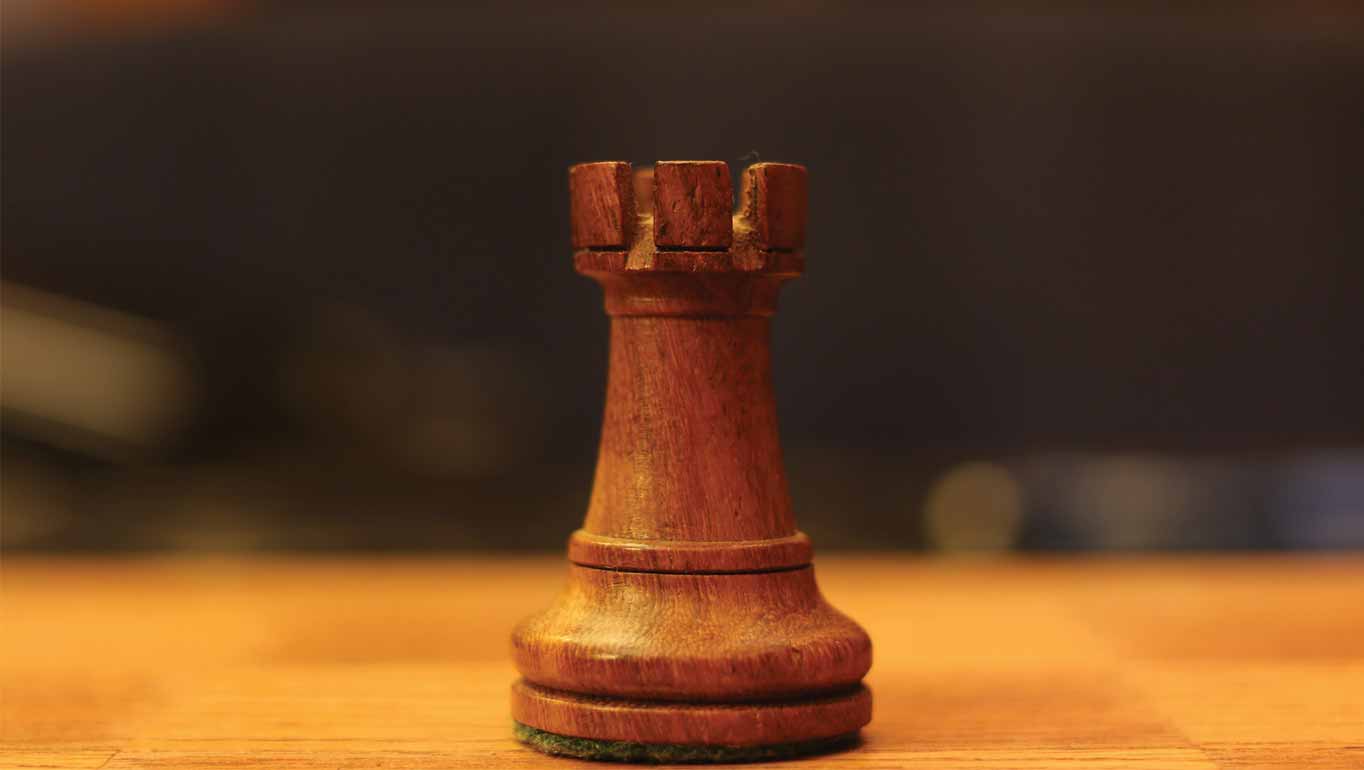How did you start playing chess and what made you continue?
At the beginning it was just a game. A wonderful game which my father taught me. And there was something magical about it. I was four and I had just started to read, which helped me to progress with chess, while at the same time the act of playing chess incentivized me to read more and more about the game and the great players of the past. Ever since then it has become a vocation. Once you have been charmed by chess, that feeling never goes away.
What is the main role of the Federation and what are its main challenges for the coming year?
FIDE’s main goal is to promote chess and not just for a sake of promotion, but most importantly to improve our society. Kids who play chess study better, they learn how to focus, how to manage their time and how to learn from their mistakes and defeats.
Just ask yourself, would you prefer for your child to play chess or to spend their time playing some smartphone game? One might argue that spending this time, say, on math, could be even more useful, but let’s not forget, chess is a game, and that’s why it is so appealing.
But of course, in order for chess to be popular, it should also retain its status as a sport, hence one of our tasks is to secure the professional side of the competitions. The funding for top-level chess events is constantly increasing, and FIDE works with governments and national federations, private donors, companies, broadcasters and agencies to ensure proper conduct in chess competitions to keep it a professional sport.
Some sources have said that the game can be very stressful and others that chess is very beneficial for memory exercise and time management. How would you reply to these claims?
The game is clearly beneficial for the vast majority of players. It can be stressful on a very high level, as any professional sport is. However, the benefits for kids/amateur players are numerous. Today we have over 25 million kids playing and studying chess regularly under ‘Chess in School’ programs led by FIDE globally.
Chess can help children to improvise on the fly and improve their concentration. Do you think this also transfers to social situations or does it only apply within the confines of the game?
We see a direct link and we know a lot of successful people who have played chess in their youth and even now still enjoy it. Obviously, there is the chicken and the egg issue and kids who excel in other subjects are more likely to pick chess as one of their hobbies. But we see a correlation between kids who take chess classes regularly and their real-life accomplishments.

One of the known characteristics of the game is being able to anticipate what move the opponent is going to make. How do you train improvisation to be able to deal with surprise moves and, at the same time, manage stress?
Yes, chess players are well known for their ability to anticipate. It comes from the mix of the knowledge, experience, pattern recognition and intuition that is required to play chess. I would find it difficult to summarize in a few words the training process which is described across a massive amount of chess literature and even they have not found a clear recipe for exact success!
Why are most chess tournaments designed for men to compete with other men, when gender difference has no impact on performance? Is this something that you could see changed in the future?
The events are not designed specifically for men. Contrary to other sports, chess has ‘Open’ and ‘Women’ specific sections. In ‘Open’, everyone can play, and indeed some female players have reached a very high level. However, the very top players are typically men. Chess as a professional sport is very demanding and it would be wrong to say that gender difference plays no impact. There are several reasons for the phenomenon, part of them are social, and part of them have to do with physiology. One of the difficult tasks we face is how to attract more female players to the sport. FIDE does so at both the school and professional level. Will any female player manage to become an absolute World Champion? We don’t set it as one of our aims but rather provide opportunities and incentives for girls and women who are fascinated by chess.
What would be your message to the younger generations who spend most of their time playing on digital media?
Just discover chess for yourself and maybe you’ll get a chance to feel the magic. Try chess and then mention to your friends, teacher and parents that you are a chess player. I bet most of them would appreciate it. Start playing chess and you will have a chance to compete with your pals from the school, city, or even another country. Isn’t it cool to be a champion in the smartest board game played by 600 million people around the globe? Just try it!


